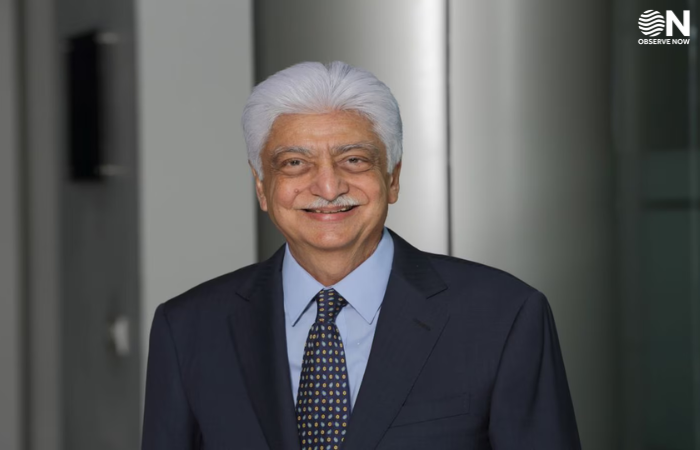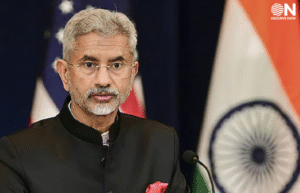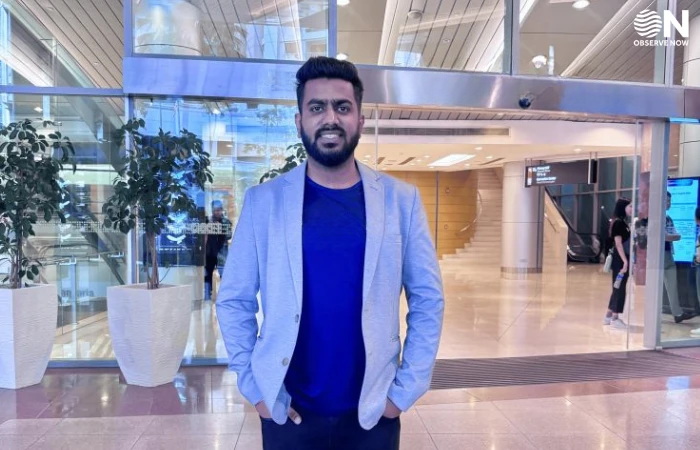Azim Premji Declines Karnataka CM’s Request to Open Wipro Campus for Traffic Relief

Wipro founder Azim Premji has declined Karnataka Chief Minister Siddaramaiah’s request to open Wipro’s Bengaluru campus to ease city traffic, citing legal, governance, and security constraints. The decision underscores the complex balance between corporate responsibility and operational autonomy, particularly for large IT campuses situated in urban centers.
The Chief Minister had approached Wipro with a proposal to allow parts of its expansive campus to be used temporarily for public traffic management, aiming to alleviate congestion during peak hours. Bengaluru, known as India’s IT hub, faces persistent traffic challenges due to rapid urbanization and a growing number of vehicles on the roads. Large corporate campuses, often spanning several acres, have occasionally been seen as potential relief points for traffic bottlenecks.
However, Premji emphasized that opening private corporate property for public use involves multiple legal and security considerations. Employee safety, corporate governance protocols, and liability concerns were cited as key reasons for maintaining the campus boundaries. Wipro’s stance reflects a broader industry perspective, where companies are cautious about allowing external access to private facilities, even for civic initiatives.
Experts note that while corporate participation in urban planning can contribute to public welfare, it must be carefully balanced against operational and regulatory obligations. Wipro’s decision highlights the need for collaborative solutions between government authorities and private enterprises to manage city traffic effectively without compromising security or business operations.
Urban planners suggest alternative measures, such as improving public transportation, expanding road infrastructure, and implementing smart traffic management systems, rather than relying on corporate campuses. Companies, meanwhile, continue to invest in sustainable commuting solutions for employees, including shuttle services, flexible work hours, and remote work options, which also indirectly reduce urban congestion.
In conclusion, Azim Premji’s refusal to open Wipro’s Bengaluru campus for traffic relief demonstrates the challenges of integrating corporate assets into civic planning. While the intent to support public infrastructure is appreciated, legal, security, and operational priorities remain decisive factors. The case underscores the importance of structured government-industry collaboration for urban mobility solutions in rapidly growing cities like Bengaluru.
















